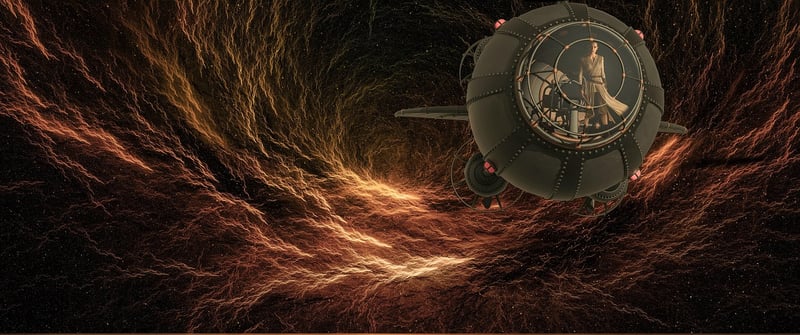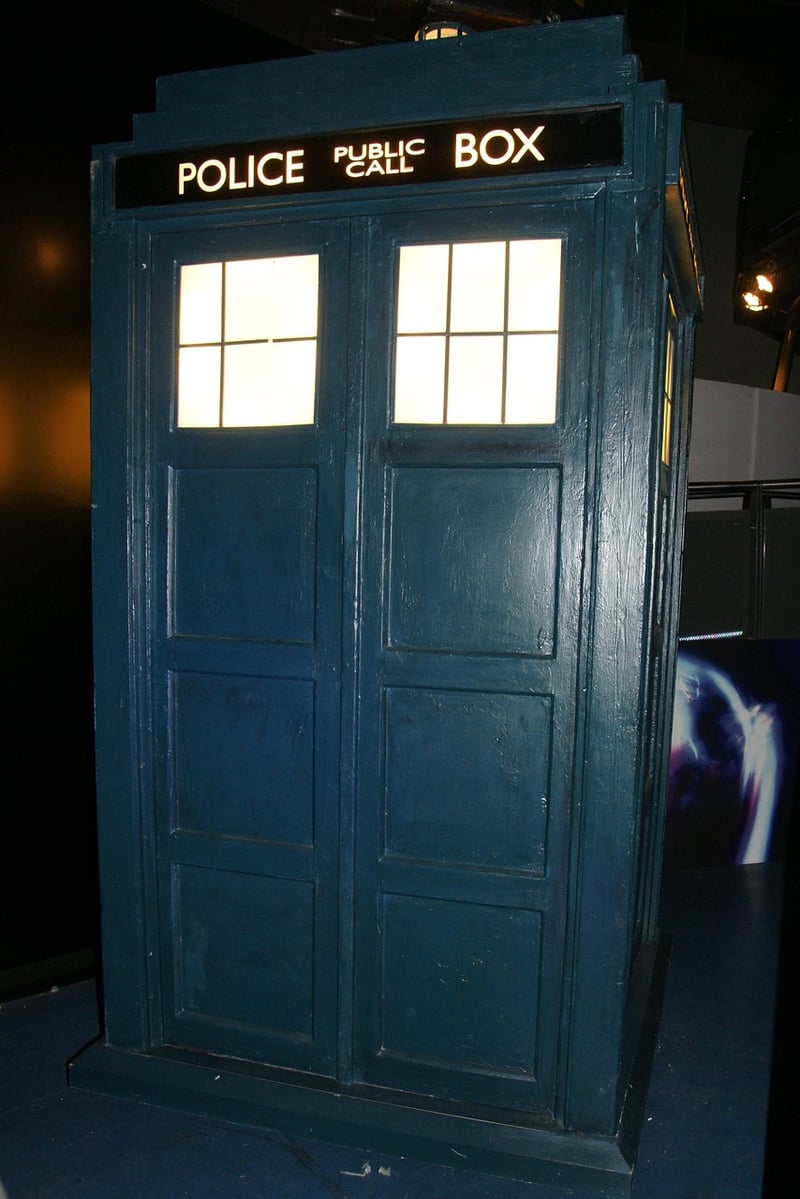TARDIS
Mechanisms for Time Travel and the TARDIS
Time travel has long been a fascinating concept in science fiction, capturing the imagination of many. While the idea of traveling through time is often associated with futuristic technology and fantastical devices, there are various theoretical mechanisms that have been proposed to explain how time travel could potentially work.
1. Wormholes
One popular theory for time travel involves the use of wormholes. Wormholes are hypothetical passages through space-time that could create shortcuts for long journeys across the universe. If traversable wormholes exist, they could theoretically allow for time travel by connecting two points in space-time.

2. Time Dilation
Another concept related to time travel is time dilation, as described by Einstein's theory of relativity. Time dilation occurs when an object is moving at speeds close to the speed of light, causing time to pass more slowly for that object relative to a stationary observer. While time dilation is a real phenomenon observed in experiments, practical time travel using this method remains a challenge.
3. TARDIS - Time and Relative Dimension in Space
One of the most iconic time travel devices in popular culture is the TARDIS from the long-running British TV series "Doctor Who." The TARDIS is a time machine that appears as a blue police box on the outside but is much larger on the inside, thanks to its technology that transcends the dimensions of space and time.

While the TARDIS is a fictional creation, it has captured the hearts of fans worldwide and symbolizes the wonder and excitement of exploring the possibilities of time travel.
4. Quantum Entanglement
Some theoretical physicists have proposed the concept of quantum entanglement as a potential mechanism for time travel. Quantum entanglement involves a phenomenon where two particles become connected in such a way that the state of one particle is instantly related to the state of the other, regardless of the distance between them. While this idea is still in the realm of theoretical physics, it offers a unique perspective on the nature of time and space.
Conclusion
Time travel remains a captivating and complex subject that continues to spark curiosity and inspire creative works of fiction. While the mechanisms for time travel described here are largely theoretical or fictional, they serve as a testament to the human desire to explore the mysteries of time and the universe.
Whether through wormholes, time dilation, quantum entanglement, or the fantastical TARDIS, the concept of time travel invites us to ponder the boundless possibilities that lie beyond the constraints of our everyday reality.
